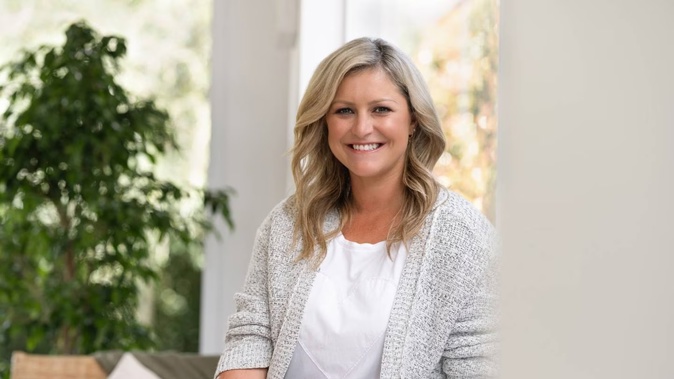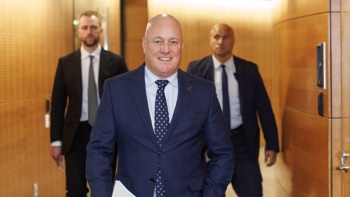
Toni Street might have followed a very different career path as a professional cricketer if it hadn’t been for the terrible pay for women in her day.
“I remember how much we were paid, and it was only for incidentals,” Street told the Money Talks podcast.
“So when I was playing for the Central District Hinds - now, I assume [players] get paid a lot more - you’d get $30 a day for your incidentals while you were away.
“That definitely influenced me, because I knew that if I kept playing cricket - and I did, I ended up playing for New Zealand A against Australia - but there was no career option, and I was very aware that I wanted to make good money. That was a motivation for me,” she said.
“I wanted to be able to do the things I wanted to do in life, and it probably did deter me a wee bit. I think if I had a carrot of being able to earn some good money with cricket, I might have followed it a bit stronger.”
These days, there were more commercial pathways for sportspeople - male and female, she said.
“When I think of the generations, you know, the Dion Nash generation of cricket, they didn’t get all the IPL opportunities that our cricketers now get. It’s a shame because they were just born in the wrong era.”
As it was, Street’s skills as a cricketer did play a part in her education, helping to set her on a path to media stardom.
She received a sporting scholarship to Lincoln University’s High-Performance Centre.
“I always had in the back of my mind that journalism was something I wanted to do, but I had this opportunity to go to Lincoln and get my fees paid. So that was $15,000 to $20,000 worth of fees, and it was an opportunity that you just couldn’t pass up.”
“So, financials were definitely a motivation - to not have as big a student loan at the end of it.”
Initially, Street was worried because she couldn’t do journalism at Lincoln. But she did a commerce degree - which provided a back-up career option - and then did a post-graduate in journalism at Canterbury University after that.
She’s grateful to have had those fees paid and to have got through without a large student debt.
“Through the years, when I’ve looked at my friends who didn’t have them paid, it’s just such an advantage when you get into the working world and you pay off that loan quicker.”
Street - who now co-hosts the popular breakfast show on Coast FM and the award-nominated podcast, We Need to Talk - went on to work in her dream job as a sports journalist, before moving to presenting roles.
She told Money Talks about growing up on a dairy farm in Taranaki, where life was comfortable but there was never a lot of cash.
“We didn’t get pocket money, but we had to do chores on the farm and around the house so that we could do special things,” Street said.
“So, if we were going on a family holiday, it was, we all need to pitch in and do our chores.”
But she did work from the age of 12, firstly as an assistant at the local hairdressers, sweeping floors and answering phones.
“I remember how much I got paid, it was $5.50 an hour. And then, of course, you’d get taxed on that, so that wasn’t in the hand, but I love seeing the money go into my bank account.”
Street admits she has never really been much of a saver, though.
“Unfortunately, I’m a spender. I’m not gonna lie,” she says.
Later on, Street worked as a cricket coach, which paid better than playing.
“That was my part-time job when I was at university.
“And that was amazing because I got $15 an hour to coach cricket and they paid for your petrol,” she said.
“So, every summer holidays, I would work all summer coaching kids in schools and in holiday programs so that I could fund, have a bit of money to go back to university.”
Take your Radio, Podcasts and Music with you









